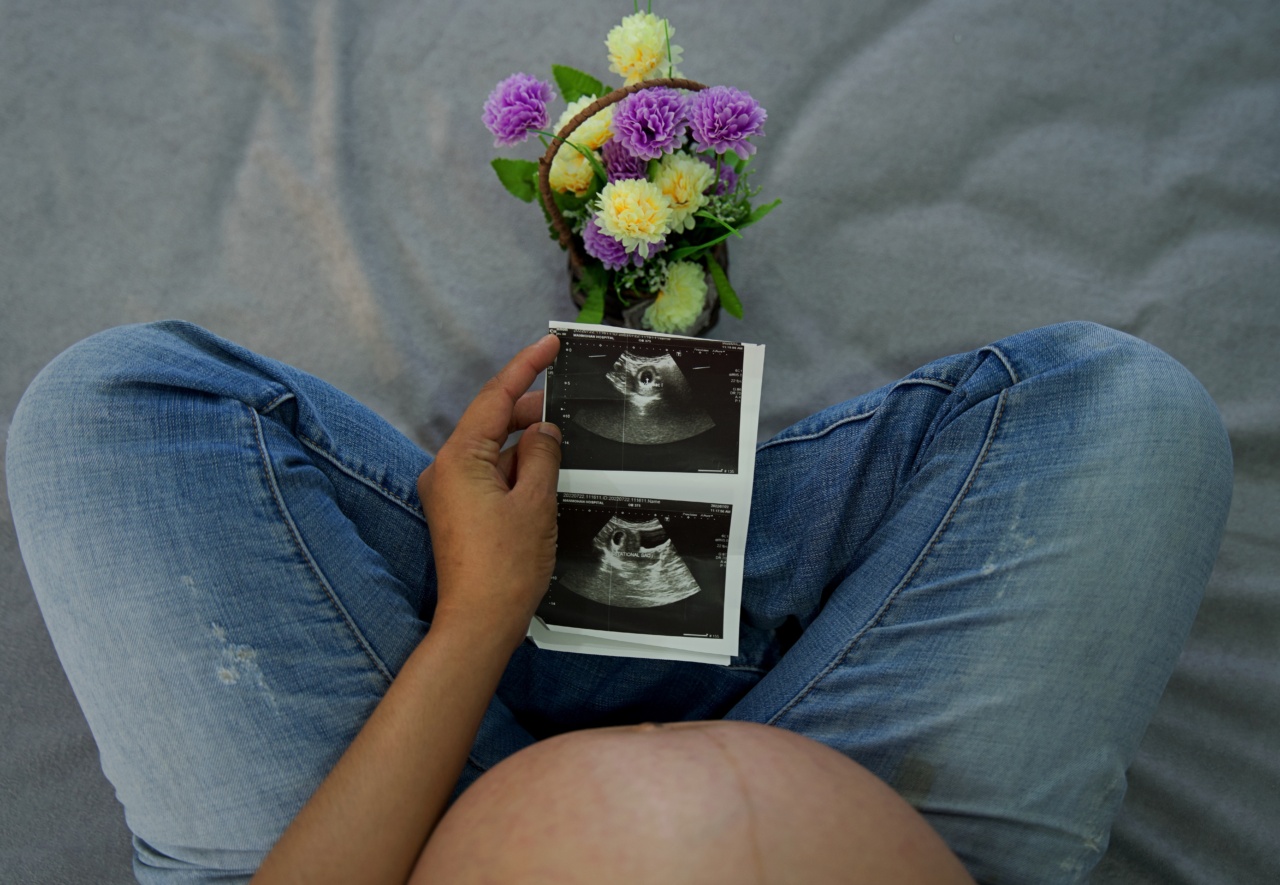Pregnancy is a wonderful experience for women. It’s a time when they experience a lot of changes in their body to support the growth and development of their baby.
But, it’s also a time when women need to be very careful about their health since they are more prone to certain medical conditions, including anemia.
What is Anemia?
Anemia is a medical condition caused by a deficiency of red blood cells or hemoglobin in the blood. Hemoglobin is a protein in the blood that carries oxygen to the body’s cells.
Without enough hemoglobin or red blood cells, the body doesn’t get enough oxygen, which can lead to fatigue and other symptoms.
During pregnancy, anemia is a common condition that affects many women. According to the World Health Organization (WHO), anemia affects about 42% of pregnant women worldwide.
The condition is more prevalent in developing countries but also affects women in developed countries.
Types of Anemia
There are three main types of anemia:.
Iron-deficiency Anemia
This is the most common type of anemia during pregnancy. It occurs when the body doesn’t have enough iron to produce hemoglobin, leading to a deficiency of red blood cells.
Iron-deficiency anemia can cause fatigue, weakness, shortness of breath, headaches, dizziness, and can also impact the baby’s growth and development.
Vitamin-deficiency Anemia
This type of anemia is caused by a deficiency of folate, vitamin B-12, or vitamin C. Folate and vitamin B-12 are important in the production of red blood cells. Vitamin C helps the body absorb iron. A deficiency of any of these vitamins can lead to anemia.
Symptoms include fatigue, weakness, irritability, and pale skin.
Hemolytic Anemia
This type of anemia occurs when the body destroys red blood cells faster than it can produce them. It can be caused by certain infections, medications, or genetic disorders.
Symptoms include fatigue, weakness, pale skin, and yellowing of the skin or eyes (jaundice).
Causes of Anemia During Pregnancy
The most common causes of anemia during pregnancy are:.
- Inadequate intake of iron-rich foods
- Increased iron requirements of the developing fetus and placenta
- Blood loss during pregnancy, childbirth, or postpartum
- Inadequate intake of other vitamins and minerals, including folate, vitamin B-12, and vitamin C
- Underlying medical conditions, such as sickle cell disease or thalassemia
Symptoms of Anemia During Pregnancy
Anemia during pregnancy can cause the following symptoms:.
- Fatigue
- Weakness
- Shortness of breath
- Dizziness or lightheadedness
- Headaches
- Cold hands and feet
- Pale skin and mucous membranes
- Irritability
- Rapid heartbeat or palpitations
- In severe cases, heart failure or death (very rare)
If you are experiencing any of these symptoms, talk to your healthcare provider. They can perform a blood test to determine if you have anemia.
Treatment of Anemia During Pregnancy
The treatment of anemia during pregnancy depends on the underlying cause of the condition. For iron-deficiency anemia, your healthcare provider may recommend iron supplements.
Iron supplements are usually taken in an oral tablet form and can take several weeks to improve your iron levels. Your healthcare provider may also recommend that you eat a diet rich in iron, including leafy greens, red meat, poultry, beans, and fortified foods.
For vitamin-deficiency anemia, your healthcare provider may recommend vitamin supplements. They may also recommend that you eat a diet rich in vitamins and minerals, including fruits, vegetables, whole grains, lean protein, and dairy products.
If your anemia is caused by an underlying medical condition, your healthcare provider may refer you to a specialist for further evaluation and treatment.
Prevention of Anemia During Pregnancy
The best way to prevent anemia during pregnancy is to eat a well-balanced diet that’s rich in iron, vitamins, and minerals. You should aim to consume the following foods daily:.
- Iron-rich foods, such as red meat, poultry, beans, lentils, spinach, and fortified cereals and breads
- Foods rich in folate, such as leafy greens, oranges, and fortified cereals and breads
- Foods rich in vitamin B-12, such as lean meat, fish, eggs, and tofu
- Foods rich in vitamin C, such as citrus fruits, strawberries, and tomatoes
You should also avoid or limit the intake of certain foods that can interfere with iron absorption, such as tea, coffee, and calcium-rich foods.
Additionally, prenatal vitamins can be a helpful supplement to ensure you are getting the nutrients you need.
Your healthcare provider may recommend a specific brand or type of prenatal vitamin that contains iron, folic acid, and other vitamins and minerals essential for a healthy pregnancy.
Conclusion
Anemia is a common condition during pregnancy that affects many women worldwide. It can be caused by a deficiency of iron, vitamins, or minerals, or an underlying medical condition.
If you are experiencing symptoms of anemia, talk to your healthcare provider. They can perform a blood test to determine if you have the condition. Treatment depends on the underlying cause and may include supplements or dietary changes.
To prevent anemia, consume a well-balanced diet rich in iron, vitamins, and minerals and consider taking prenatal vitamins.






























